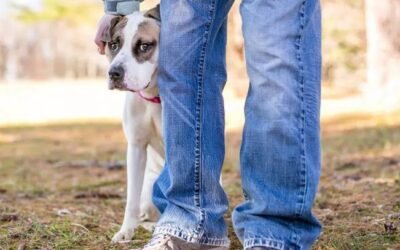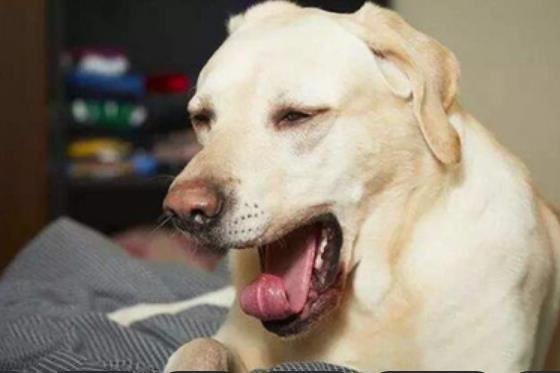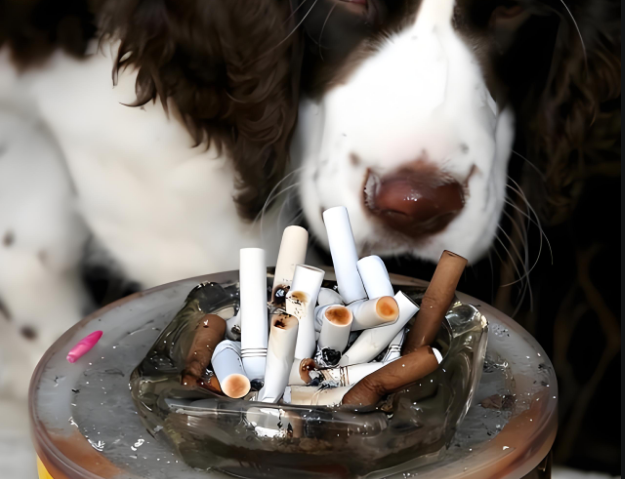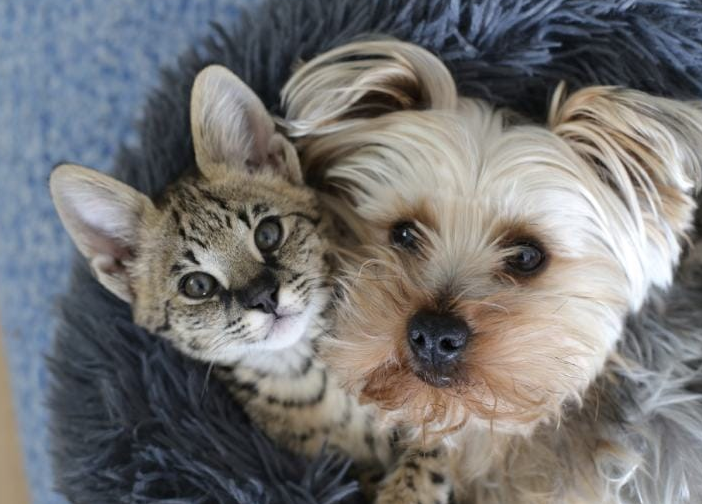Reverse sneezing in dogs, also known as pharyngeal gag reflex, is a harmless condition that occurs when a dog forcefully expels air out of its nose in a series of rapid, snorting breaths. This action is triggered by a spasm in the muscles of the pharynx (the back of the throat) and can be mistaken for choking or coughing.
Causes of Reverse Sneezing:
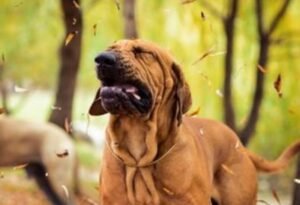
- Excitement: Sudden excitement or stress can trigger reverse sneezing.
- Inhalation of Irritants: Inhaling dust, pollen, or other irritants can lead to this reaction.
- Eating or Drinking Too Fast: Swallowing air while eating or drinking too quickly can sometimes result in reverse sneezing.
- Allergies: Allergic reactions can irritate the nasal passages and trigger the sneeze reflex.
- Foreign Objects: If a foreign object becomes lodged in the dog’s nose, it can cause irritation and lead to reverse sneezing.
Symptoms of Reverse Sneezing:

- Forceful Expulsion of Air: The dog will make a honking or snorting sound as it forcefully expels air.
- Open-Mouthed Breathing: The dog may open its mouth and extend its neck as it tries to breathe.
- Difficulty Breathing: Some dogs may appear to have difficulty breathing or may seem distressed during an episode of reverse sneezing.
Duration and Frequency:
- Reverse sneezing episodes usually last for a few seconds to a minute.
- They can occur occasionally or several times a day, depending on the underlying cause.
Treatment and Management:
- No Medical Treatment Needed: Reverse sneezing is generally not a cause for concern and does not require medical treatment.
- Calming the Dog: Sometimes, gently stroking the dog’s throat or speaking calmly can help them relax and stop the episode.
- Avoiding Triggers: Identifying and avoiding triggers, such as certain foods or environmental irritants, can help reduce the frequency of reverse sneezing.
- Seek Veterinary Advice: If the reverse sneezing is accompanied by other symptoms or seems severe, it’s advisable to consult a veterinarian to rule out any underlying health issues.
Prognosis:
- Reverse sneezing is usually a benign condition with a good prognosis. It is rarely associated with serious health problems.
It’s important for dog owners to recognize reverse sneezing and understand that it is a normal, albeit unusual, behavior for dogs. Most cases resolve on their own and do not require intervention. However, if there are concerns about the dog’s health or the sneezing becomes频繁 and disruptive, it’s always best to seek professional veterinary advice.
